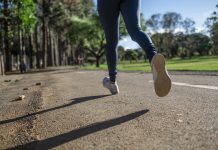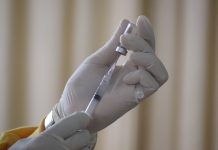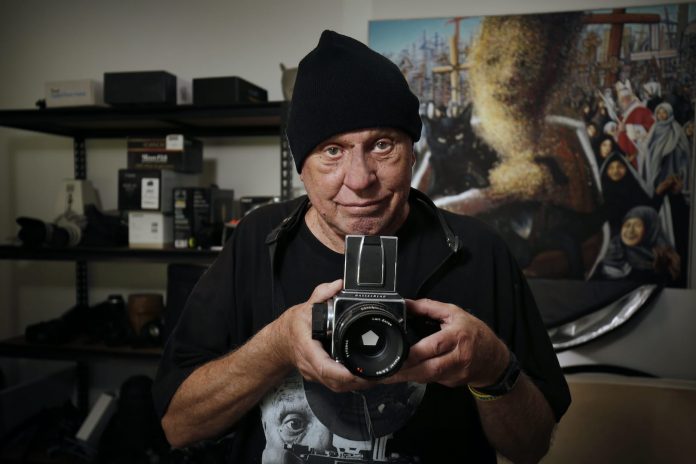Bohdan Warchomij and his camera are a familiar sight to many around Perth.
While the affable press photographer earns his living shooting photographs for news organisations in Australia and overseas it is his work in Ukraine that has earned him an international reputation.
Bohdan was born in a displaced persons’ camp in Germany to Ukrainian parents, who met in Berlin as the Russian army approached the German capital.
His father Michael saw war duties with the Polish army and was sent to the Russian front by the Germans to fight what he saw as the enemy. A minor injury on the front led to his repatriation to Berlin where he saw out the war and married Tekla his mother.
A baby boy, Ihor, died in childbirth in Berlin and Bohdan’s sister Maria, died when she was two while the family was at sea on the way to Melbourne.
They found refuge in Australia in 1949 when he was nearly three, but the family didn’t make it as far as Melbourne because Bohdan’s mother didn’t want to leave Maria who had been buried in Karrakatta cemetery.
Bohdan, a new Ihor, Ostap and finally Jaroslava, a girl to succeed Maria, all grew up in Perth.
Bohdan didn’t speak a word of English until he went to school at Morley Primary School. They spoke Ukrainian at home and Bohdan learned Polish from his neighbours.
Now heading towards his 76th birthday Bohdan has no intention of hanging up his camera.
On the morning we were supposed to meet an urgent phone call from the Australian Financial Review sent him scurrying off to photograph Premier Mark McGowan and Qantas boss Alan Joyce.
But a day or two later when we catch up it’s not his 25-year career as a press photographer Bohdan wants to talk about, but his association with Ukraine.
Bohdan had been immersed in Ukrainian history through his father’s personal story who had fought with the Polish Army against the Germans on horseback and spent time in a POW camp before being sent to fight the Russians with the Ukrainian Nightingale Division on the Russian Front.
“A bullet wound repatriated him to the relative safety of post-World War Berlin and he met my mother there,” Bohdan says.
“Nationalism and politics were a driving force in his life and I lived in his shadow and his knowledge of the repressors of the Ukrainian nation.”
In Perth Bohdan’s father worked as a carpenter finishing up working for WAGR building railway carriages and his mother worked at a refrigerator company in Morley.
Bohdan proved to be a good scholar and after school spent 10 years working as a Telecom clerk before enrolling at university as a mature age student and coming away with a First Class Honours Degree in English Literature.
His interest in photography had also been sparked through a collection of photographs his Mum brought with her from Germany.
“I still have all those black and white prints even now and I used to love the feel of them, beautiful old photos and really well printed,” Bohdan says.
“Mum went to a lot of effort to get photos of us growing up, so I have photos of my little sister in Germany and photos of myself looking away from the camera in Germany.
“Journalism was always at the back of my mind, but I didn’t think I would make a career out of it.”
As a youngster he’d bought some cheap Chinese plastic cameras to muck around with and the seeds of a career in media had been sown when Bohdan thought he could work as a journalist and applied for a cadetship at The West Australian, but was rejected.
On a trip to Europe, during a stopover in Singapore a friend convinced Bohdan to buy his first real camera a Nikkormat, which he describes as a cheap man’s Nikon.
The results were pretty good and set Bohdan up for a career in photography.


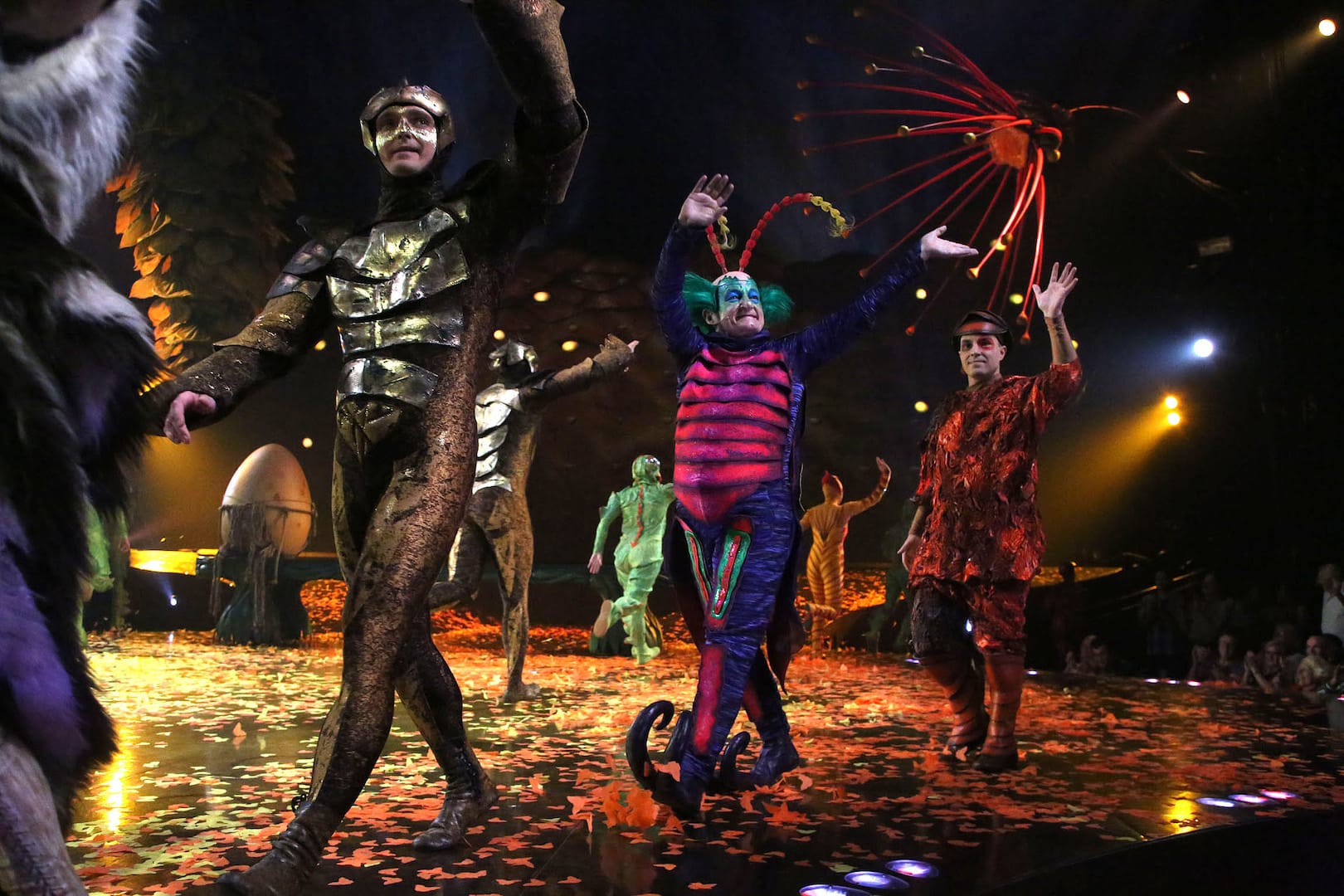
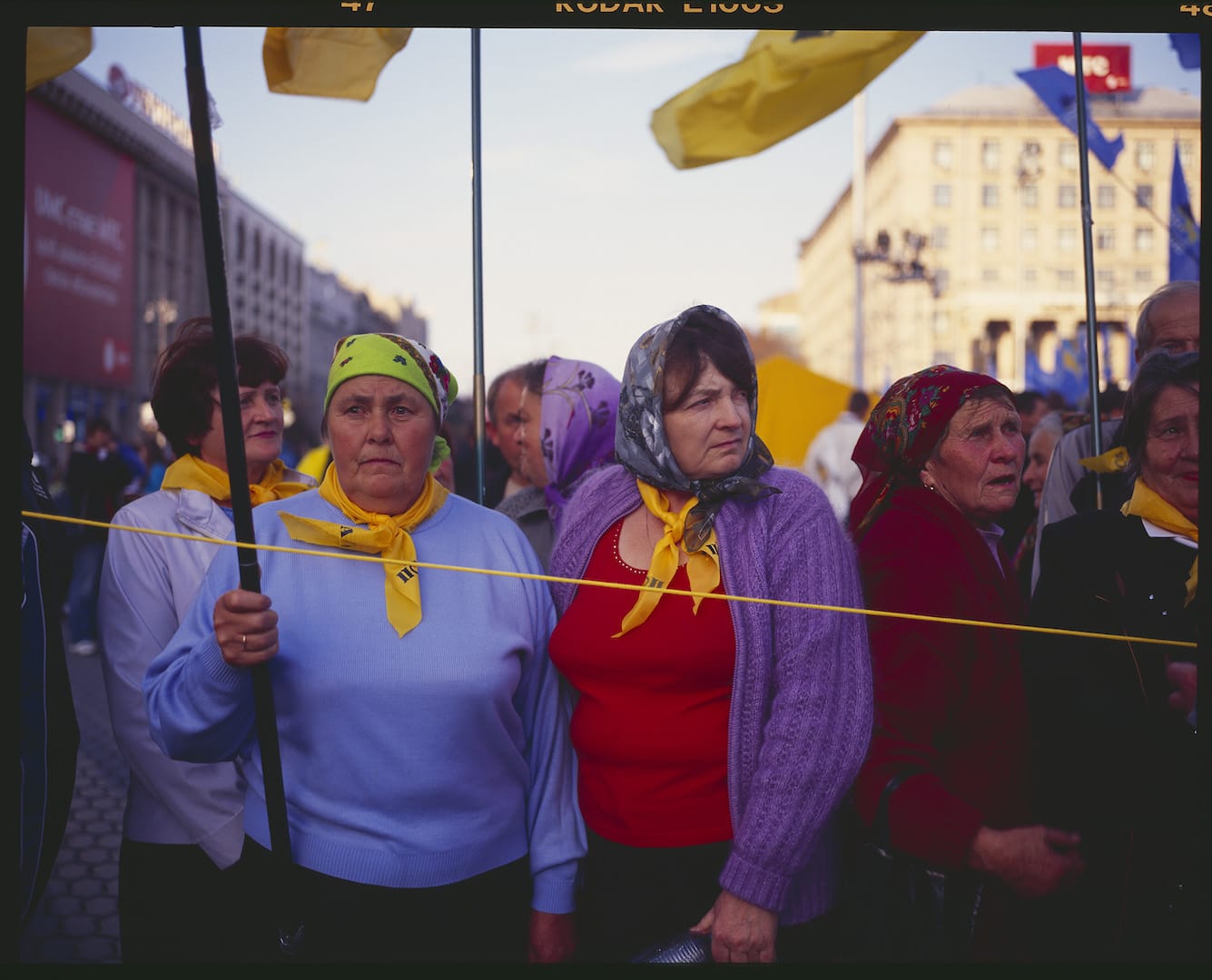

de Soleil – Orange Revolution 2004 – studio portrait Photos Bohdan Warchomij
Bohdan says the first sniff of Ukrainian Independence in the 1990s was a revelation to him and he travelled to Ukraine in 1991 to explore his heritage and see the emergence of Ukrainian freedom, something he thought he would never see in his lifetime. His mother died of a heart attack on the day he arrived in Kyiv and he returned home for her funeral. returning later for Ukrainian Independence celebrations.
“I have been back many times, documenting the Orange Revolution in 2004, Chernobyl Nuclear Reactor in 2007, the death of all aboard Malaysia’s airliner MH17 in 2014 near Torres in the Donbas and like the rest of the world now witnessing an immoral war from a war criminal hiding in a bunker in Moscow.


“I’m worried about Putin as an ex-human being. He’s made a big mistake attacking Ukraine because it probably needs half a million troops rather than the 180,000 he took in and he only has 120,000 left.
“I think Ukraine will win the war, but it might be a 10-year war.”
His beautiful coffee table book Portrait of a Revolution documents the Orange Revolution. It was the subject of his major exhibition PORTRAIT OF A REVOLUTION held at FOTO FREO FESTIVAL in Fremantle Prison.
The book was published in 2006 and received a partnership award together with the designers Block Branding in 2007 from the Department of Culture and the Arts and has sold steadily since publication.
Bohdan returned in May 2014 to photograph the civil war in eastern Ukraine.
He was in Mariupol when news came through of the downed MH17 flight, so Bohdan took a taxi on the 200km trip to the crash site.
His heart-wrenching photographs of body parts from the downed aircraft created controversy when organisers of a photographic exhibition featuring Bohdan’s images wanted to pixelate the body parts.
Bohdan objected saying he wanted to tell the story of the MH17 victims with respect.
I tried to tell their story truly, and to respect them as well, he says.
The photographs were withdrawn from the exhibition at Bohdan’s request.
“I’m still interested in other international stories, but I do feel a closeness to Ukraine now, I’m feeling guilty now for not being there, but that’s probably not a good idea either.”
Bohdan is now contemplating a second book and plans to head back to Ukraine later this year and using some of the photos he shot of MH17 as an introduction to this war using his photographs shot before the war and now.
“I love working, I find newspapers frustrating to work for, but I think I’ll be taking photographs for the rest of my life.
“Photography has given me a little bit of respect and a little bit of recognition,” he says.










